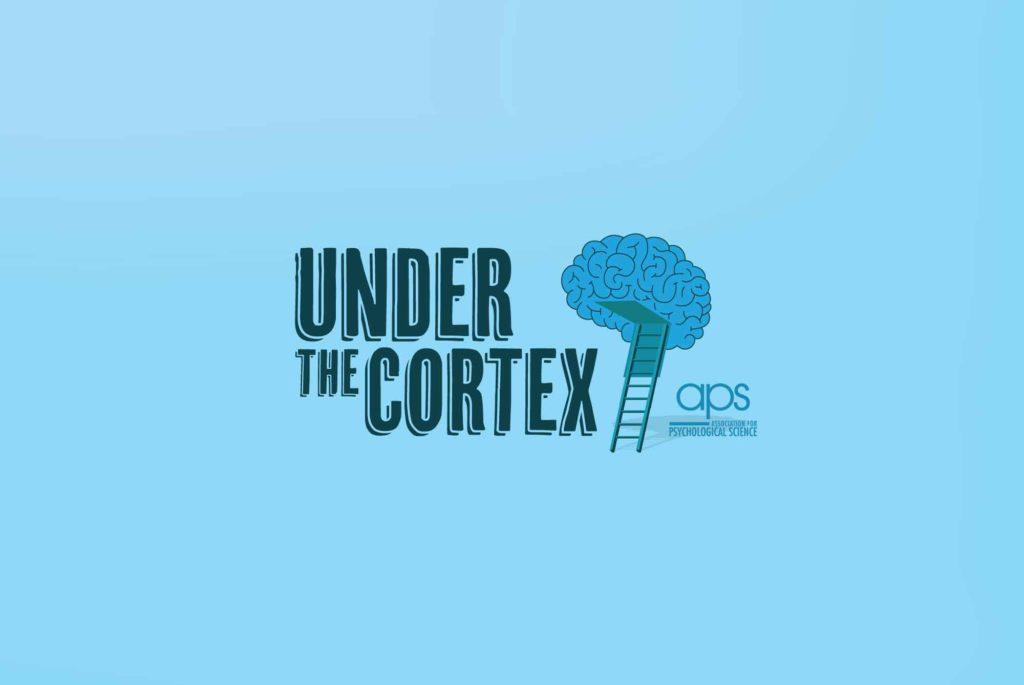Up Front
Much More Online

Collected Research on Misinformation
Articles in this collection shed light on the mechanisms underlying misinformation and “fake news” and the science behind combating them.

A growing body of psychological science explores how individuals and groups respond to public health crises.

This series of free 60-minute live events explores papers published in Psychological Science in the Public Interest (PSPI). The first, on April 29, focused on eyewitness memory. Learn more and register for upcoming events.

Grow your career from the comfort of your laptop! APS hosts a dynamic variety of informative webinars, virtual networking events, and other opportunities to learn and connect throughout the year.

Podcasts: Current Directions in Psychological Science
Editor Robert Goldstone chats with authors for deeper insights into compelling research published in the journal, including recent talks about gender, animals, privacy, and more.

APS’s weekly podcast interviews psychological scientists on a range of topics. Recent updates include brief conversations with each of the 2022 Spence Award recipients!

Visit the archive to view recent media coverage of our members’ research and to learn more about how they’re sharing psychological science with the public.

Talks by Students and Early-Career Researchers
Watch emerging scientists discuss their work! “Up-and-Coming Voices” features dozens of 15-minute flash talk videos from the APS conventions.

Be in the know on APS Fellows being selected for prestigious awards and appointments, as well as notable losses among the psychological science community. Follow APS on Twitter (@PsychScience).

Whether you want to give media interviews, help the media get science right, or simply reach more followers on social media, you’ll find a growing list of battle-tested insights and tips in the Communicating Psychological Science column.





APS regularly opens certain online articles for discussion on our website. Effective February 2021, you must be a logged-in APS member to post comments. By posting a comment, you agree to our Community Guidelines and the display of your profile information, including your name and affiliation. Any opinions, findings, conclusions, or recommendations present in article comments are those of the writers and do not necessarily reflect the views of APS or the article’s author. For more information, please see our Community Guidelines.
Please login with your APS account to comment.